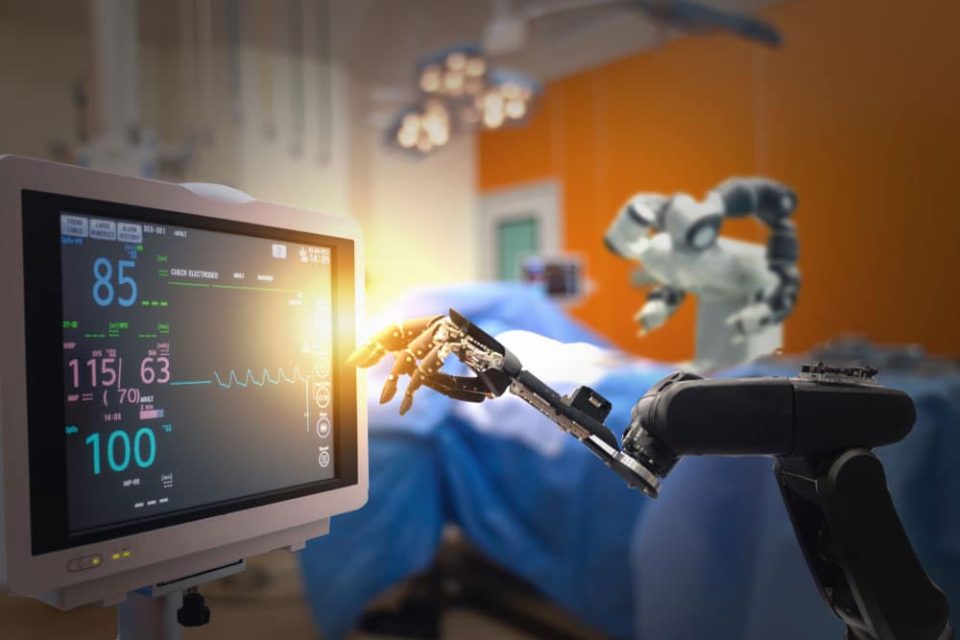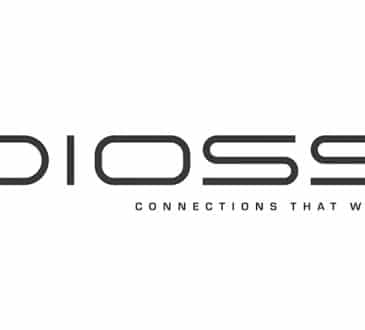3 Ways Tech Is Transforming the Healthcare Industry

The rise of new technologies such as virtual reality, artificial intelligence, and data processing systems have revolutionized the world in many ways. Treatments and care in the health space have changed drastically for physicians and patients. This article will discuss some of the many ways tech is improving the healthcare industry.
Although the private equity market has cooled in many ways, health-tech companies and startups are still gaining traction. Currently, the digital health industry is on track to be worth more than $295 billion in five years. That’s a compound annual growth rate of over 15%.
Of course, some might wonder how and why health tech is taking off in such a big way. After all, healthcare has been woefully, painfully, and frustratingly behind the times in terms of digital transformation. Medically based technology products have to jump through multiple regulation hoops, which can stall progress and prevent them from reaching end users like physicians, patients, and insurers.
Health tech is gaining traction because certain solutions have changed the face of healthcare. Industry leaders recognize the potential of specific innovations, prompting the industry to grow dramatically. Here are three ways technology is powering and transforming the healthcare space:
- Immersive Patient Experiences
Virtual reality and augmented reality are becoming key components in some health-tech solutions with impressive results. As noted in a study by The University of California, Los Angeles School of Medicine, physicians who underwent surgical training that included VR technologies increased their surgical effectiveness by 230%. Yet, VR isn’t just being used as a way to educate budding doctors and medical staff members. It’s helping patients understand processes and procedures, too. As Softeq author Vera Solovyova explains, VR and AR goggles can help patients who need in-depth procedures go “inside” their bodies. The experience allows patients to feel more comfortable about what’s going to happen. It also reduces anxiety and improves patient-doctor conversations. “Using a VR headset and a touch screen, the patient can perceive that model from all angles,” Solovyova says. “This enables them to learn more about their disease and the surgical process, increasing awareness and reassuring them that they will be okay.” Though AR and VR haven’t become everyday tools in most medical offices and hospitals, they’re on the fast track to practicality and relevance. Plus, Millennial and Gen Z healthcare professionals may feel more comfortable using AR and VR gadgets. After all, they come from the first “tech native” generations. For them, AR and VR aren’t as foreign as they might be to more tenured doctors, nurses, and administrators. - Information Sharing and Processing
There’s been a lot of debate about artificial intelligence these days. Nevertheless, its role and importance in streamlining information sharing, processing, diagnosis, and treatment in healthcare shouldn’t be overlooked or underestimated. AI systems are quickly becoming part of many healthcare providers’ toolkits. AI can make collaboration and real-time data sharing simpler, such as with personalized patient portals and quick digital insurance approvals.AI is even playing the part of assistant in the evaluation of diagnostic scans. According to research, AI increased the effectiveness and outcomes of scanning diagnostics during the height of the COVID-19 pandemic. AI software enhanced with machine learning abilities increased the speed at which lung infection could be identified based on 3D computed tomography scans. Essentially, the AI system “read” the images and noted anomalies, which human providers could then evaluate.
It’s worth mentioning that ChatGPT, the latest AI product that’s getting so much press, is making its way into healthcare discussions, too. The American Medical Association released a fascinating audio update not long ago on how healthcare entities are dabbling with ChatGPT. As one guest doctor revealed, early tests on using ChatGPT to design factual press releases or grab research haven’t been impressive. Still, clinicians believe that there’s a chance for it to reduce the burden of certain healthcare providers’ responsibilities.
- Culturally Sensitive Diagnosis, Treatment, and Care
Conversations around cultural sensitivity in healthcare are becoming more prevalent. This is because healthcare has so often been built with a cookie-cutter, one-size-fits-all approach. Not only does this isolate certain communities and groups from getting individualized healthcare, but it can lead to unintentional dismissiveness of customs and values important to certain patients.Unmesh Srivastava, chief digital and technology officer at the healthcare plan company Clever Care, believes tech is integral to facilitating culturally sensitive exchanges between providers and patients. He points out that some of this technology includes personalized electronic health records, telemedicine, language translation services like Google Translate, AI-based chatbots, and mobile wearables connected to apps. Each of these solutions helps overcome at least one cultural-based challenge in healthcare, such as language barriers and access to care.
“By employing technology to address challenges, healthcare providers can create a more inclusive healthcare environment that effectively caters to the unique needs of diverse patient populations,” Srivastava says. However, he cautions that the best way to bring tech to its greatest cultural fulfillment is to adopt a patient-centered and inclusive approach during the design and implementation process.
No one knows what the future will bring for medicine. One thing’s certain, though, and it’s that tech will be a significant part of the overall puzzle.
Written by Rhett Power.
Have you read?
Largest Hotel Chains in the World, 2023.
Best Residence by Investment Programs for 2023.
International Financial Centers Ranking, 2023.
Best Citizenship by Investment (CBI) for 2023.
The World’s Most Valuable Unicorns, 2023.
Ready to join the CEOWORLD magazine Executive Council– Find out if you are eligible to apply.
Add CEOWORLD magazine to your Google News feed.
Follow CEOWORLD magazine headlines on: Google News, LinkedIn, Twitter, and Facebook.
Copyright 2024 The CEOWORLD magazine. All rights reserved. This material (and any extract from it) must not be copied, redistributed or placed on any website, without CEOWORLD magazine' prior written consent. For media queries, please contact: info@ceoworld.biz








